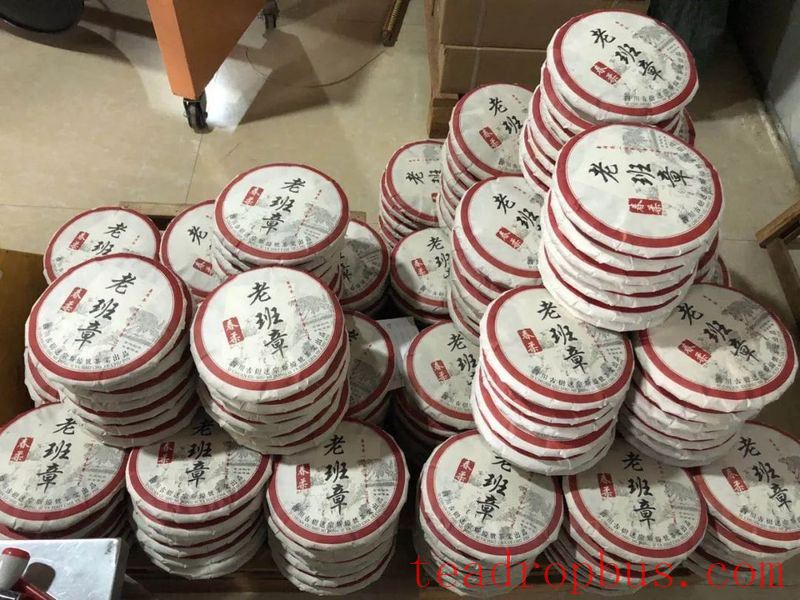
For beginners, the concept of daily Tea is somewhat misleading. For example, if someone cannot distinguish between the six major types of tea and is unsure about their personal preferences, it's too early to discuss daily tea. However, for seasoned tea drinkers who drink tea every day, not having a suitable daily tea can be quite inconvenient and uncomfortable, as constantly grappling with the same issue is a sign of immaturity.
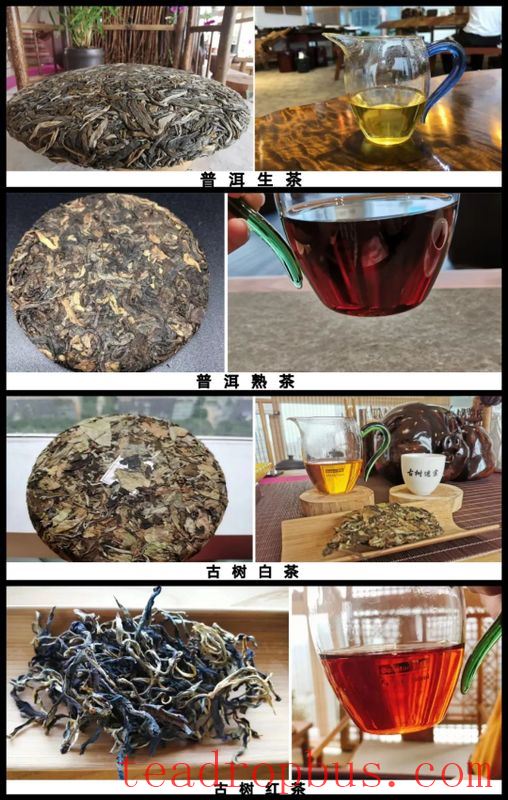
Experienced tea drinkers around us often spend considerable time selecting their daily tea. Since everyone has different constitutions, determining which type of tea feels most comfortable to drink requires trying out various teas over an extended period. After comparing and tasting different teas for a long time, if one finds a particular tea that leaves them feeling refreshed and they never tire of drinking, it can be considered as daily tea. Of course, the price of this tea should also fall within an acceptable range.
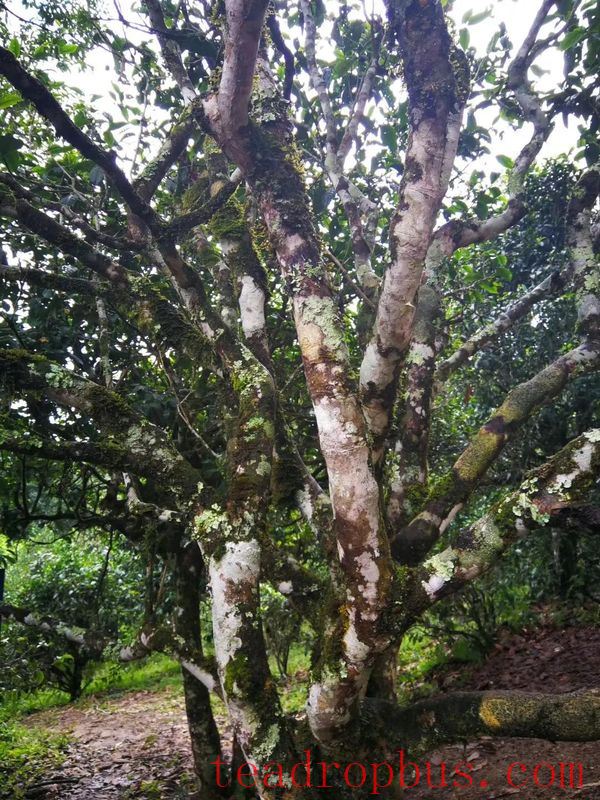
Some teas are unsuitable for daily consumption. The first category includes rare products. For example, famous ancient tree teas from specific mountains, where there might only be dozens of trees producing a few dozen kilograms of dried tea annually, yet there are many buyers. Regardless of the inflated prices, even if one can afford them, the market is flooded with fakes, making each purchase and consumption increasingly difficult and risky. It's not ideal to risk buying counterfeit tea. Additionally, teas of very low quality should not be used as daily tea. As daily tea is consumed regularly, low-quality teas can harm health. We have calculated multiple times that the labor cost for processing a cake of Pu'er ancient tree tea from the tree to the tea shop is approximately 150 RMB. Even if your relative is a tea farmer and gives you the tea for free, the costs of picking, processing, and compressing the tea would likely be higher. So, how good could a “ancient tree tea” sold online for 9.9 RMB be?
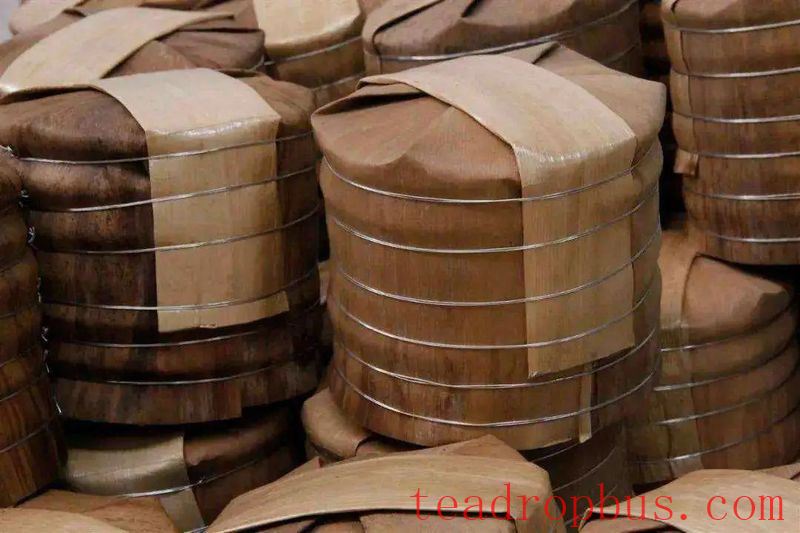
Experienced tea drinkers typically plan their tea storage. For example, some people prefer Pu'er tea aged over ten years, but purchasing such aged teas from merchants can be more than twice the original price. Therefore, smart tea drinkers start storing their own tea. If one drinks ten cakes of tea per year, by consistently storing ten cakes of their favorite tea each year, after a decade, they can gradually enjoy their well-aged stash without any financial strain. Alongside, storing other distinctive types of tea can create a virtuous cycle of always having high-quality tea to drink.
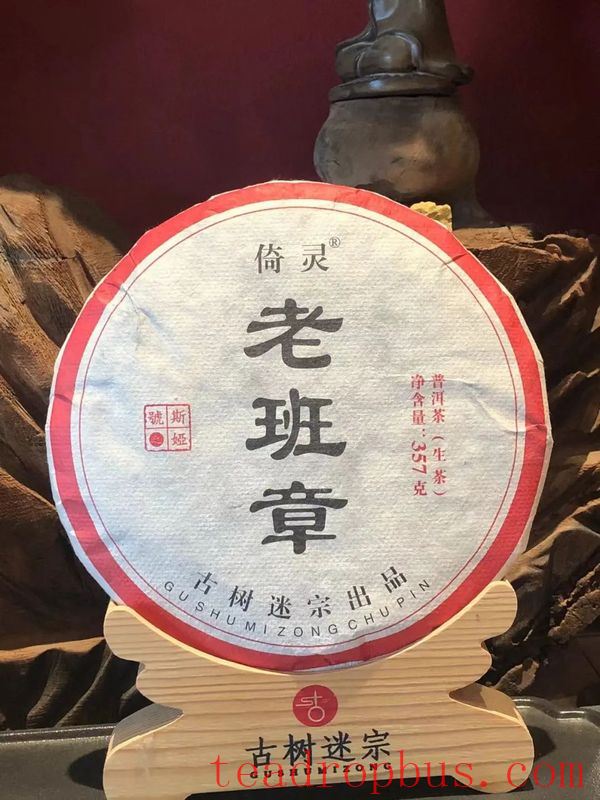
For those with significant financial resources, the concept of “planning” may not apply. After finding their preferred tea, they can directly commission a batch of tea sufficient for their lifetime, which, when stored properly, is actually the most cost-effective approach. The quantity of genuine high-quality ancient tree teas is limited, while the number of enthusiasts increases yearly, leading to ever-rising prices. Thus, it's best to store them early. Based on our experience in tea production over the past decade, the price of ancient tree teas has been rising continuously. Although we cannot guarantee this trend will persist, the quality advantage of ancient tree teas has been established, ensuring they will remain popular. Over-picking issues are inevitable, so the raw materials are best sourced early, unless certain mountain areas restrict picking quantities to maintain quality.
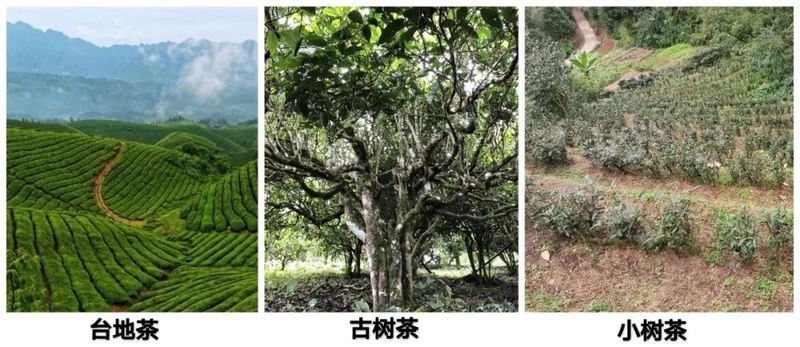
The most challenging aspect to grasp is the change in taste. Some friends initially stockpile cheaper products but later find their palates have become more refined, making the originally stored tea less appealing. For others, as income increases, they no longer want to drink their previous teas, which can be given away, although the time invested becomes a sunk cost. Therefore, before committing to large purchases, it's advisable to taste repeatedly and ensure the tea is truly to one's liking to avoid regret. If finances permit, storing high-quality, well-known ancient tree teas will yield pleasant surprises over time, especially those from regions validated by experienced tea drinkers. The true essence of aged tea can only be revealed over time, and it's difficult to discern its potential when new.
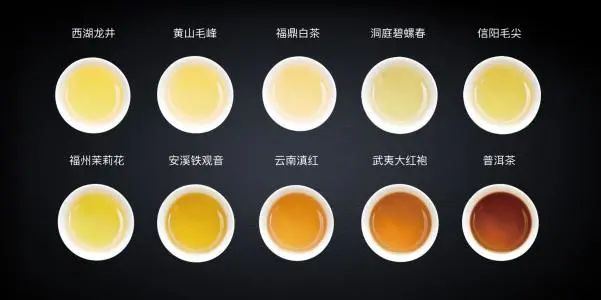
The above covers common issues and solutions for storing tea among seasoned drinkers. Anyone planning to drink tea long-term must face the challenge of storage. Failing to prepare means preparing to fail. Without storing tea today, there won't be any certainty of enjoying high-quality tea in the future, as older teas tend to be more expensive and come with more risks. In general, storing tea based on the criteria of being endlessly enjoyable, affordable, and improving with age is unlikely to go wrong. For those with significant resources, finding a reliable tea merchant for customization will surely bring pleasant surprises in the future, as not every tea merchant possesses the necessary expertise to make sound judgments in the tea mountains.
If there is any infringement, please contact us for deletion.